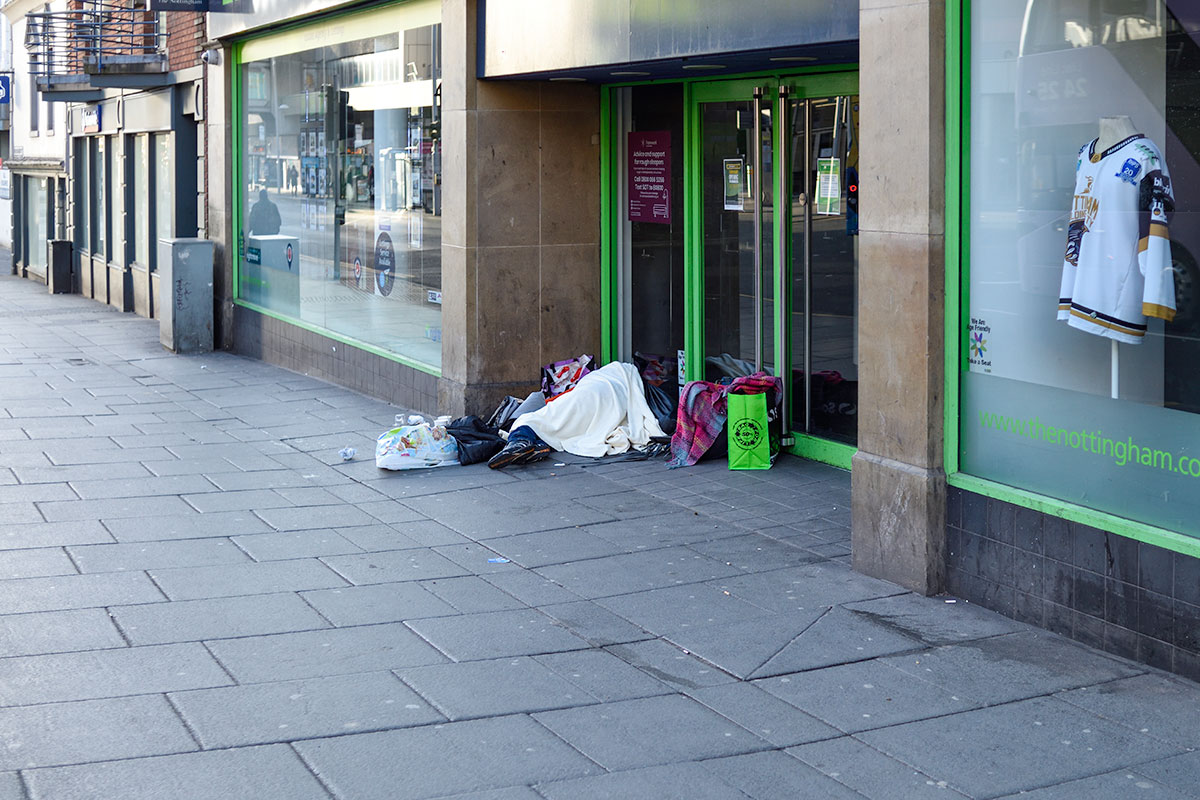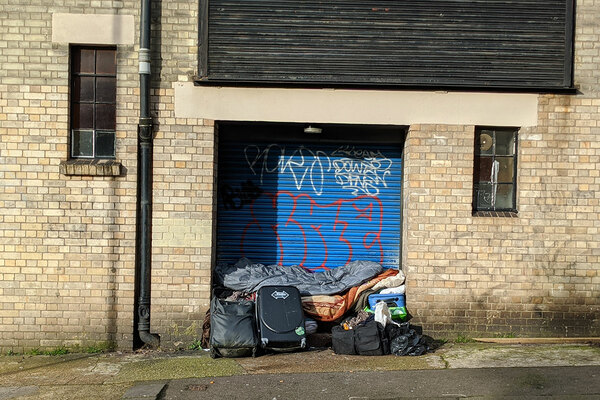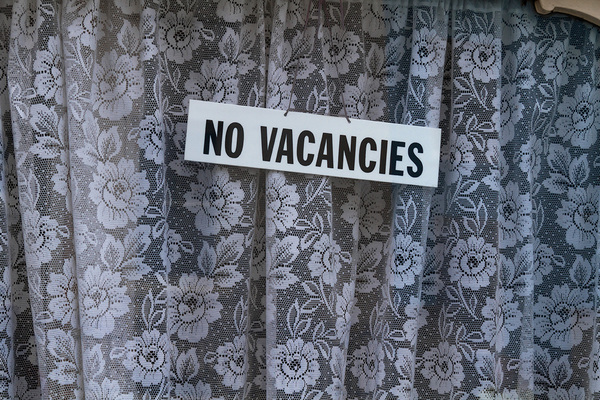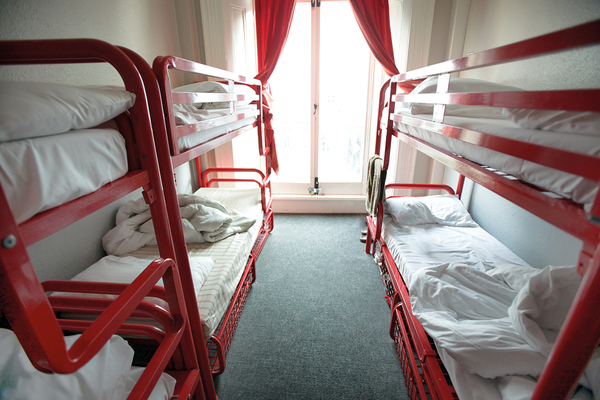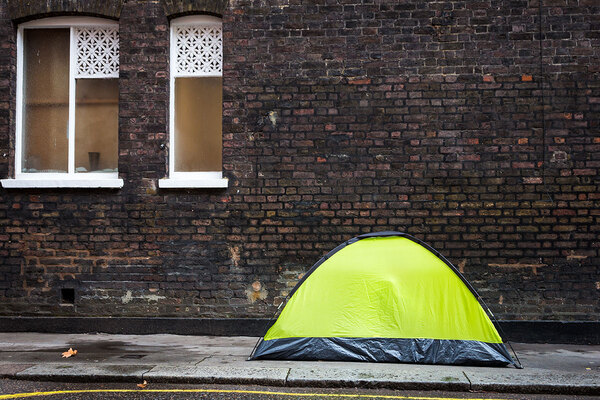You are viewing 1 of your 1 free articles
Rough sleeping increased by 3% in London during pandemic despite emergency measures
The number of people seen sleeping rough in London between April 2020 and March 2021 increased by 3% despite the eviction ban and effort to house all rough sleepers during the COVID-19 pandemic.
Latest annual data from the Greater London Authority (GLA) showed that 11,018 individuals were seen sleeping rough by outreach workers in 2020/21 – up 3% from 10,726 people spotted in 2019/20.
Of the people seen sleeping rough in 2020/21, 7,531 (68%) were sleeping rough for the first time, marking a 7% increase on the number of new rough sleepers in 2019/20.
Overall there has been a 94% increase in the number of rough sleepers in the capital since 2011/12 when 5,678 rough sleepers were recorded.
Jon Sparkes, chief executive of Crisis, said: “There is nothing inevitable about this. Last year we saw brilliant but short-lived measures that dramatically reduced the numbers of people sleeping rough.
"But the commitments made at the start of the pandemic have fallen away and this progress is now in imminent danger of being lost.”
At the start of the coronavirus pandemic in March last year, rough sleepers across London and the rest of the UK were offered accommodation in hotels and other similar accommodation as part of the Everyone In scheme.
The government also introduced various policies to protect renters from eviction, including an initial pause on court proceedings followed by a later ban on bailiff-enforced evictions.
The government has said that more than 37,000 individuals have been offered accommodation under Everyone In, however charities have been warning for a long time that not all rough sleepers were receiving support.
Rick Henderson, chief executive of Homeless Link, said: “The Everyone In programme has been a huge success in supporting thousands of people off the streets during the pandemic. But, by design, it was an emergency measure.
“Today’s news that over 7,500 people experienced sleeping rough in the capital for the first time in the past year shows that for the government to meet its target of ending rough sleeping by 2024, it must start to address the root causes of homelessness, too.”
Tom Copley, deputy mayor for housing and residential development at the GLA, said: “These figures underline the scale of the continuing challenge of tackling rough sleeping in our city. Sadiq Khan’s unprecedented efforts as mayor have helped 11,000 rough sleepers off the streets since 2016. London also led the way in supporting rough sleepers during the pandemic – saving the lives of hundreds of vulnerable Londoners and housing more than 2,500 rough sleepers in GLA-procured accommodation.
“Our services are helping more people than ever before and fewer people are spending more than one night sleeping on the streets of London. However, much more needs to be done.
“If the government is to meet its own target to end rough sleeping by the end of this parliament, then ministers must work with us and match our ambition by reforming Universal Credit and housing benefit payments, helping non-UK nationals access support, and building the council and social rent homes the country so desperately needs.”
Sign up for our homelessness bulletin
Already have an account? Click here to manage your newsletters
